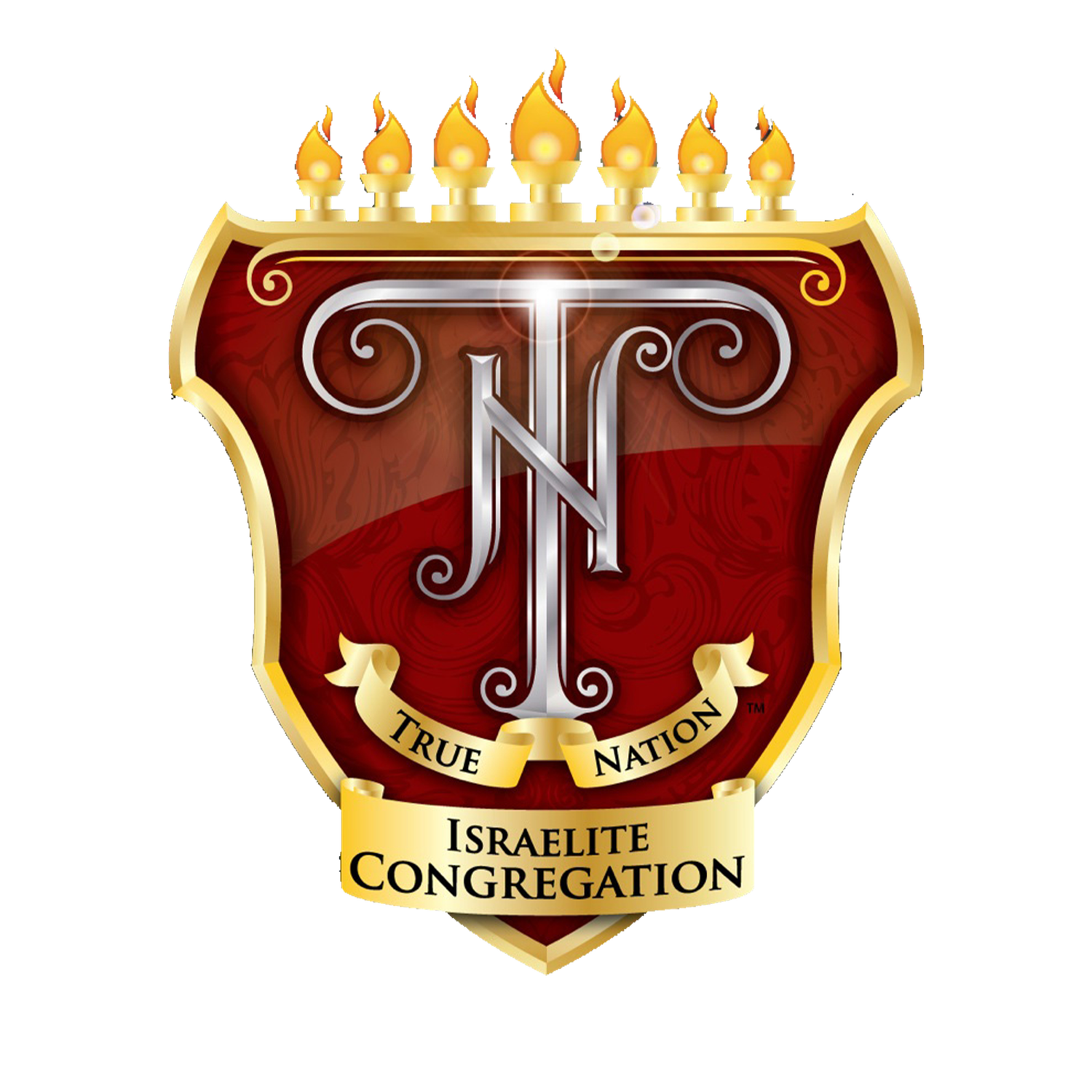
Destruction of Nicanor
“For whatsoever things were written aforetime were written for our learning, that we through patience and comfort of scriptures might have hope.” Romans 15:4
In the Apocrypha writings, in the book called Maccabees, during the time of the Greek empire, there were great atrocities and injustices committed against the Holy City and the Lord’s Temple in Jerusalem. Israelites were held under ruthless and merciless rulers of Greek commands and generals that conquered all the lands. It would be of great advantage of the seeker of truth to inquire of this history and to study all the writings of the Apocrypha to gain a thorough understanding of more than two hundred years of information that has been extracted from the Holy Bible.
At the time of the Greek occupation of the Holy Land, many seditions and insurrections against these occupiers arose and battles ensued over rights and freedom to retain respectability and to uphold righteousness according to the laws of YHWH which were given to the Nation of Israel to make great over all nations. In defense of Israel’s constitution, there emerged a family, of the tribe of Levi, called Maccabeus, specifically, Judas Maccabeus called Hammer. He was a man of great devotion and was fervently committed to the cause of fighting for the laws of the Most High and for the lives of his people Israel.
One battle in particular was fought against the Greek general, Nicanor, who had extreme and bitter hatred for all Jews that rose up against the kingdom of the Greeks to destroy and put to death all people of the Nation of Israel. Judas and his men of 3,000, however, were prepared and ready to live or die valiantly for the cause and go against Nicanor and his host of 185,000. (I Maccabees 3:38, 39 & 7:26-50)
“For the victory of battle standeth not in the multitude of an host; but strength cometh from heaven.”
I Maccabees 3:19
The domination of Judas over the death of Nicanor and all his army was so great a triumph that it was saluted as a time of celebration and rejoicing in Israel. The nation of Israel was, for a while, free from wars, and enjoyed peace; but afterward they returned to their former state of battles and war.
This victory happened to fall on thirteenth day of the month, Adar, which corresponds to our present day calendar of February/March. Moreover, it was ordained that all of Israel was to keep it yearly throughout their generations and esteem it a festival day of commemoration in honor and praise of our Savior and Most High God of Israel. (I Maccabees 7:48, 49)
“When ye glorify the lord, exalt him as much as ye can; for even yet will he far exceed: and when ye exalt him, put forth all your strength, and be not weary; for ye can never go far enough.” Ecclesiasticus 43:30
